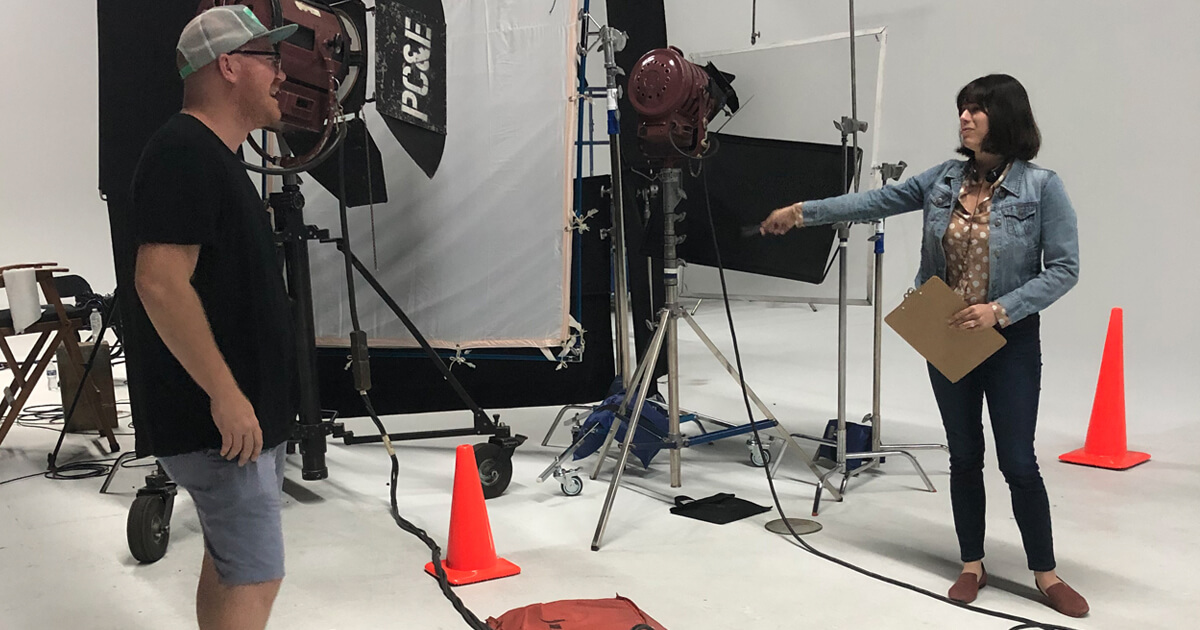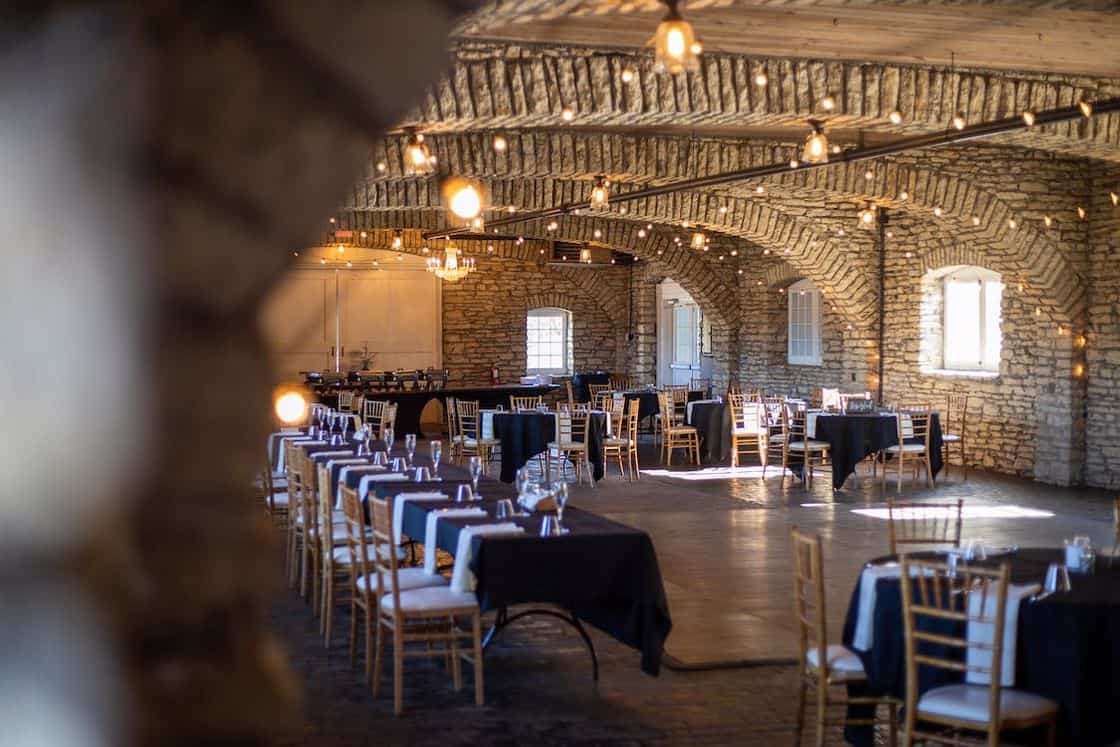How to evaluate your success using event production charlotte’s analytics tools
Recognizing Event Production: Why It Is Very Important for Successful Events
Event production plays a critical duty fit successful celebrations. It involves cautious preparation, control, and execution to ensure every information straightens with the event's vision. This procedure not only enhances attendee experiences but likewise facilitates meaningful links among participants. Comprehending the complexities of event production can substantially impact the general end result. What are the vital elements that add to an effective event, and how can they be efficiently handled?
The Role of Event Production in Creating Unforgettable Experiences
Numerous factors add to the success of an occasion, event production plays a crucial duty in crafting memorable experiences. This multifaceted procedure includes different elements, including planning, logistics, and implementation. Effective event production guarantees that every information lines up with the overall vision, creating a smooth circulation that astounds attendees. By working with timelines, taking care of resources, and supervising technical elements, event manufacturers develop a structure for impactful experiences.Moreover, they curate environments that resonate with the target market, boosting involvement and psychological link. From selecting suitable locations to incorporating cutting-edge innovation, the selections made during production considerably influence just how participants regard and bear in mind the event. By focusing on top quality and focus to detail, event production changes common events into amazing moments, leaving lasting impacts. Eventually, the proficient orchestration of these components specifies the essence of an occasion, showcasing the importance of professional event production in attaining exceptional outcomes.
Key Components of Successful Event Production
Effective event production rests on a number of essential parts that ensure success. Preparation and coordination develop a solid structure, while technical configuration needs address logistical demands. Additionally, implementing audience interaction techniques boosts the overall experience, making the event memorable.
Planning and Coordination
Planning and sychronisation serve as the foundation of effective event production, making sure that every detail aligns flawlessly to produce an unforgettable experience. Reliable preparation includes developing a clear vision and purposes, while sychronisation involves the precise company of logistics, routines, and sources. A distinct timeline is crucial, guiding all stakeholders through vital landmarks and tasks. Interaction plays a critical role, cultivating collaboration amongst employee, vendors, and place team. Regular meetings and updates help to deal with obstacles quickly, guaranteeing that every person stays lined up with the event objectives. Ultimately, an organized method to planning and coordination not just boosts effectiveness however likewise greatly adds to the general success and enjoyment of the event for participants and organizers alike.
Technical Configuration Demands
An effective event depends heavily on its technological configuration requirements, which encompass vital elements such as audio-visual tools, illumination, staging, and connection. Audio-visual tools includes microphones, speakers, and projectors, making sure that discussions and performances are delivered clearly. Appropriate lights enhances the setting and highlights vital areas, while presenting supplies the needed platform for audio speakers and entertainers. Connectivity, including Wi-Fi and electric gain access to, is important for smooth communication and modern technology integration. Each element needs to be meticulously intended and executed, customized to the event's particular requirements. Inadequate technological configurations can result in disruptions, adversely influencing the overall experience for participants, underscoring the relevance of extensive prep work and focus to information in event production.
Target Market Engagement Strategies

The Importance of Planning and Control
Planning and sychronisation are important to the success of any type of event production. Reliable timeline administration, resource allowance methods, and team interaction characteristics play necessary functions in guaranteeing that all components integrated flawlessly. Without a structured method to these elements, events risk dealing with hold-ups, budget overruns, and miscommunication among employee.
Effective Timeline Monitoring


While effective event production commonly hinges on imagination and execution, reliable timeline administration continues to be a necessary component that can not be neglected. A well-structured timeline functions as the foundation of any type of event, making sure that each stage is carried out in a prompt way. It enables the sychronisation of different jobs, from location arrangement to visitor arrivals, while preventing possible bottlenecks. By plainly laying out target dates and obligations, event coordinators can keep emphasis and adjust to unanticipated difficulties. Furthermore, a meticulously crafted timeline cultivates communication amongst staff member, promoting responsibility and collaboration. Inevitably, reliable timeline management not just improves operational efficiency but also adds significantly to the overall success and smooth implementation of the event, leaving attendees with a memorable experience.
Resource Allotment Strategies
Effective resource appropriation techniques are crucial for the successful implementation of any type of event. Proper preparation enables event organizers to recognize and disperse sources, such as finances, personnel, and products, in a way that takes full advantage of efficiency. By reviewing the certain demands of each facet of the event, organizers can focus on tasks and assign resources appropriately. Coordination among various divisions ensures that all elements, from dealing with audiovisual demands, are properly supported. This critical strategy not just reduces waste but additionally enhances the general experience for attendees. In addition, expecting possible obstacles and having backup strategies in position allows for smoother operations. Eventually, effective resource allocation contributes substantially to achieving Read More Here event purposes and guaranteeing a remarkable gathering.
Team Interaction Characteristics
How can smooth communication among employee change the event production process? Reliable communication is important for coordinating tasks, sharing updates, and resolving difficulties in real-time. When group members participate in open dialogue, they can swiftly determine prospective problems and create services collaboratively, lessening hold-ups and misconceptions. This vibrant fosters a natural environment where every person recognizes their functions and obligations, bring about a much more synchronized initiative. Furthermore, normal check-ins and comments loopholes enhance responsibility and guarantee alignment with the event's purposes. By focusing on communication methods, groups can simplify process, bolster spirits, and inevitably elevate the total quality of the event. Successful gatherings depend upon the capacity to connect properly, making it an important element of event production.
Enhancing Attendee Engagement With Imaginative Design
Imaginative design plays an important function in boosting participant involvement at events, as it fosters an immersive setting that captivates participants' interest. By integrating innovative visuals, interactive components, and thematic design, event coordinators can create remarkable experiences that reverberate with participants. Thoughtful format designs promote activity and expedition, motivating guests to communicate with display screens and each other.Incorporating modern technology, such as increased fact or live polling, further enhances the experience, allowing for real-time feedback and interaction. In addition, sensory elements like lighting, audio, and fragrance can evoke emotions and develop an extra appealing atmosphere.The usage of narration through style aids share the event's function and message, making it more relatable for attendees. Eventually, imaginative layout not only enhances engagement yet additionally grows links among individuals, leaving a lasting perception that prolongs beyond the event itself. This tactical approach to style is essential for effective gatherings.
Handling Logistics for a Smooth Execution
While the enjoyment of an event can attract attendees in, managing logistics is vital to safeguard a smooth execution. This includes meticulously coordinating numerous components, from place choice and layout to catering and transportation. Efficient logistics monitoring guarantees that all parts straighten, enabling a smooth flow from enrollment to the final thought of the event.Additionally, a clear communication plan amongst all stakeholders is vital. This includes staff, suppliers, and volunteers, that must be informed of their roles and responsibilities. Preparing for prospective challenges, such as tools failing or unforeseen weather, can better enhance the event's success.Creating an in-depth timeline assists maintain the team on track and allows for timely modifications. Inevitably, well-managed logistics not just assist in a satisfying experience for attendees but additionally mirror the expertise and reliability of the organizers, adding to the general success of the event.

The Impact of Modern Technology on Event Production
What role does innovation play fit contemporary event production? Technology has come to be a keystone of effective event production, enhancing both planning and execution procedures. From sophisticated registration systems to interactive apps, modern technology improves guest management and boosts interaction. Virtual event platforms permit organizers to get to wider audiences, breaking geographical barriers and facilitating hybrid celebrations that combine in-person and online experiences.Additionally, audiovisual innovations, such as high-def screens and sound systems, raise the top quality of discussions and performances, making certain an unforgettable experience for attendees - event production charlotte. Social network assimilation makes it possible for real-time comments and interaction, fostering area interaction before, throughout, and after the event. Additionally, data analytics tools help organizers in keeping an eye on participant behavior and choices, making it possible for customized experiences that resonate with diverse audiences. Overall, the integration of innovation in event production not only boosts functional efficiency but additionally enhances attendee experiences, eventually adding to the success of the event
Reviewing Success: Determining the Results of Your Event
Success in event production rests Look At This on effective evaluation, which involves gauging a range of end results to assess the total influence of an occasion. To accomplish this, organizers can utilize both qualitative and quantitative metrics. Measurable procedures might include participation figures, ticket sales, and profits generated, while qualitative analyses might include attendee complete satisfaction surveys and feedback forms.Additionally, evaluating social media sites interaction and media insurance coverage can give insights into the event's reach and brand influence. Comparing these metrics versus predefined objectives aids establish if the objectives were met.Furthermore, post-event debriefs with the preparation team can uncover lessons discovered and locations for enhancement. By systematically evaluating these end results, event producers can boost future celebrations, making certain continuous development and success. Inevitably, a complete examination not only highlights achievements yet likewise notifies critical decisions for succeeding events, fostering a society of quality in event production.
Regularly Asked Concerns
What Qualifications Should an Event Manufacturer Have?
Event producers need to have strong business abilities, imagination, and efficient communication capacities. A history in job monitoring, budgeting, and negotiation find is important. Relevant qualifications and experience in varied event kinds additionally enhance their certifications.
Just How Can I Lower Event Production Expenses Successfully?
To effectively minimize event production costs, one can enhance supplier selection, discuss contracts, utilize internal sources, prioritize crucial elements, implement modern technology for efficiency, and discover sponsorship opportunities to balance out expenditures without endangering high quality.
What Are the Common Obstacles in Event Production?
Typical challenges in event production include budget restraints, logistical sychronisation, vendor management, time restrictions, attendee involvement, technological difficulties, and unpredicted conditions - event production charlotte. Each variable can greatly affect the overall success and smooth execution of the event
Exactly how Do I Pick the Right Place for My Event?
Choosing the ideal place involves considering factors such as location, capability, features, and budget plan. Additionally, assessing ease of access and setting assures the chosen room lines up with the event's goals and boosts the general guest experience.
What Is the Typical Timeline for Planning an Event?
The normal timeline for preparing an event varies, however generally consists of phases such as idea development, place selection, vendor control, promo, and last preparations, usually covering a number of months to assure a successful implementation.